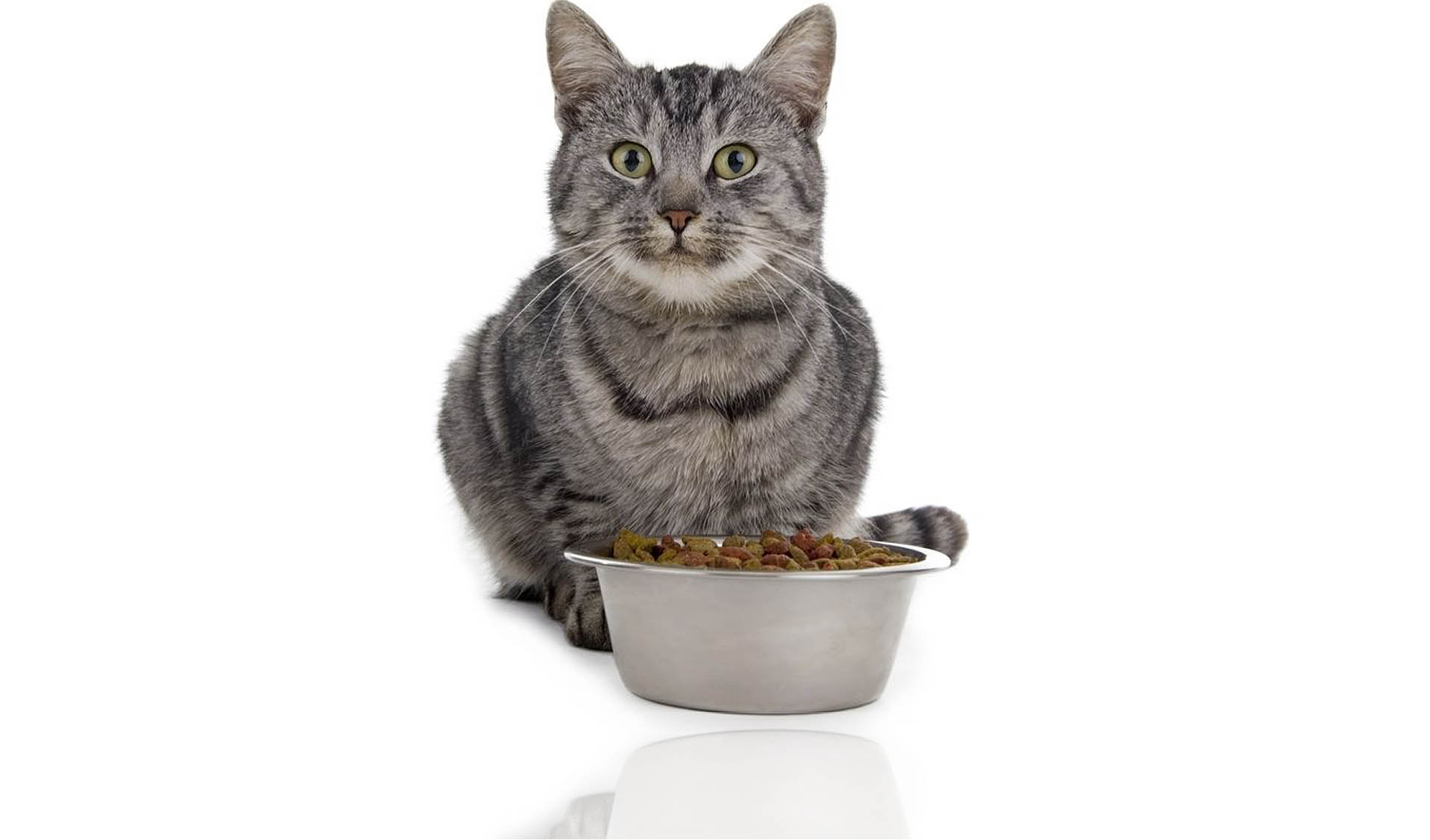A common and frustrating problem that many cat owners experience is when their feline friend suddenly becomes a finicky eater. It can be stressful and discouraging when your normally eager cat will not eat. Gastrointestinal issues, respiratory infections and dental problems, to mention just a few, can cause your cat to stop eating. It is important to visit your veterinarian to eliminate these possibilities whenever there is a change in your cat’s appetite. Keep in mind that not eating for more than 24 hours is very dangerous for a cat, as it can cause hepatic lipidosis (feline fatty liver syndrome).
If your cat is given a clean bill of health, the picky eating is a behavioural problem. There are a few strategies you can try to get your cat eating again and avoid a reoccurrence of the problem in the future.
It is important to understand that cats are not born picky eaters. It is a habit that is often encouraged by the owner’s behaviour. When their cat will not touch the first type of food offered, many owners will quickly try a second, third, or fourth option. By offering multiple kinds of food, it sends your cat the message that if a particular food is rejected, they will be offered another option. Instead, try conditioning your cat by offering the food for 30 minutes – if your cat continues to ignore it or cry for different food, remove the food and do not offer it again for a few hours. In time your cat should learn they will not be offered another alternative.
Food temperature is often a factor in a cat rejecting food. Refrigerated or room temperature wet food may not be appetizing to a cat. By warming up canned food in the microwave for a few seconds, it becomes more odorous and will stimulate their sense of smell – a key factor in a cat’s appetite. Make sure the food is not too hot; being scalded by their meal can turn a cat off the food.
The bowl you put your cat’s food in may also be important. A shallow bowl that does not obstruct their whiskers is ideal for cats to eat out of. Try to avoid plastic dishes as they are more difficult to clean and can retain odours. For older cats who may be arthritic or have sore joints, a raised bowl will help them by alleviating the need to constantly be hunkered down when eating, which can cause discomfort.
It is important not to use strong chemicals and detergents when cleaning cat bowls. Use only hot water and mild dish soap to clean out food dishes. This way, no lingering odour or taste will be left in the bowl for the next meal. Cleaning the bowl after every meal is also a good idea.
Feeding your cat regular meals helps to discourage picky eating, as it allows them to fulfill their natural hunting instinct, which is not achieved when cats are free fed. Make sure you allow your cat to eat alone since watching them can discourage eating, as they are solitary hunters.
Lastly, remember fresh food is the best food! Often cats will not want to eat stale dry food or wet food that has developed a crust or has hardened.
If you cat is a picky eater, the tips above should help in getting your cat’s appetite back to normal.

